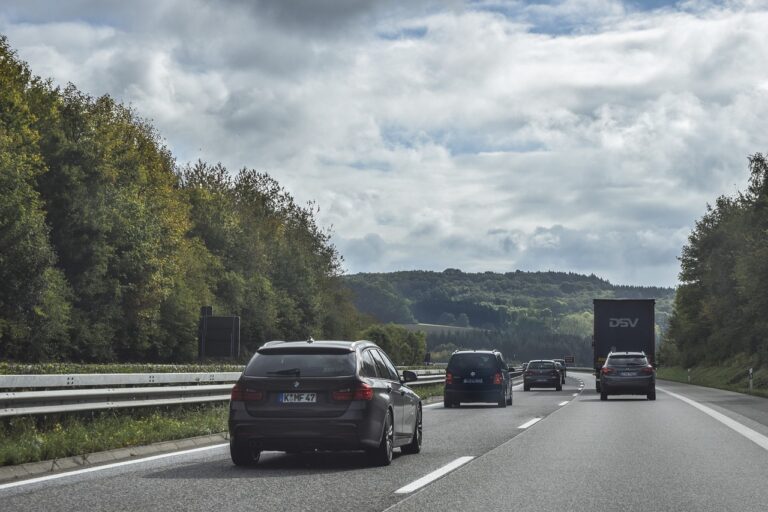Analyzing the Impact of Connected Cars on Automotive Insurance Industry: Betbazar 247 login, Playexch in login, Gold365 id login
betbazar 247 login, playexch in login, gold365 id login: Connected cars have been revolutionizing the automotive industry in recent years, and their impact on the automotive insurance industry is undeniable. With advancements in technology, cars are now able to communicate with each other, with traffic signals, and even with infrastructure to improve road safety and efficiency. But how exactly are connected cars shaping the landscape of automotive insurance?
1. Improved Safety Features
Connected cars come equipped with advanced safety features such as collision avoidance systems, lane departure warnings, and automatic emergency braking. These technologies help prevent accidents and reduce the severity of collisions, ultimately leading to fewer insurance claims.
2. Real-Time Telematics Data
Telematics technology allows insurance companies to access real-time data from connected cars, including information about speed, location, and driving behavior. This data enables insurers to offer usage-based insurance policies, where premiums are based on individual driving habits rather than general demographics.
3. Predictive Analytics
By analyzing the wealth of data collected from connected cars, insurance companies can better predict risk factors and price their policies more accurately. This helps reduce the chances of underwriting losses and can lead to more competitive rates for customers.
4. Cost Savings for Consumers
With the implementation of usage-based insurance policies, safe drivers may see significant cost savings on their premiums. By demonstrating responsible driving behavior through real-time telematics data, consumers can potentially lower their insurance rates and be rewarded for their safe practices.
5. Fraud Prevention
Connected cars help combat insurance fraud by providing concrete evidence of accidents and driving behavior. Insurers can use telematics data to verify claims and detect any inconsistencies in reported incidents, ultimately saving money and maintaining the integrity of the industry.
6. Personalized Customer Experience
With the ability to tailor insurance policies based on individual driving habits, insurance companies can offer a more personalized customer experience. This level of customization allows consumers to feel more in control of their coverage and promotes a positive relationship between insurers and policyholders.
FAQs:
Q: What are some of the challenges associated with connected cars and insurance?
A: One of the main challenges is data privacy and security concerns, as insurers must ensure that sensitive information collected from connected cars is protected from cyber threats. Additionally, the cost of implementing telematics technology in vehicles can be a barrier for some consumers.
Q: How can consumers benefit from connected cars in terms of insurance?
A: Consumers who exhibit safe driving behavior can enjoy lower insurance premiums and better coverage options tailored to their individual needs. Connected cars also provide a sense of security and peace of mind knowing that help is readily available in case of emergencies.
In conclusion, the impact of connected cars on the automotive insurance industry is undeniable. From improved safety features to personalized policies, the integration of telematics technology is reshaping the way insurance companies assess risk and interact with consumers. As technology continues to advance, it will be interesting to see how these innovations further transform the relationship between connected cars and insurance.







